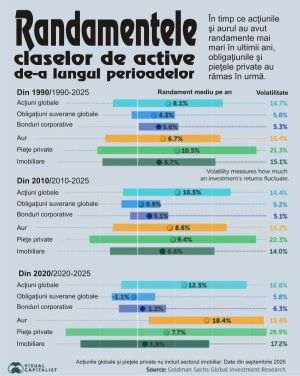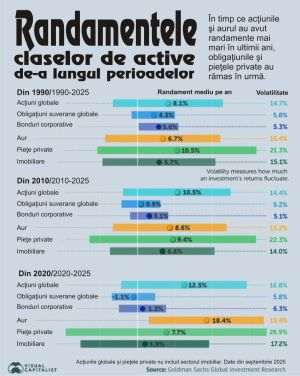• 1. Core Concept:
- The Food-Water-Energy Nexus highlights the critical interdependence of the three fundamental resources for life and the economy.
- Management of one resource directly affects the availability and sustainability of the other two.
• 2. Main Objectives:
- Increase efficiency in resource use to meet increasing demand.
- Reduce environmental impacts, including greenhouse gas emissions and water consumption.
- Ensure resource security to prevent conflict and social instability.
• 3. Key Principles:
- Sustainability: Resources should be used without compromising their future capacity for regeneration.
- Efficiency: Losses of food, water and energy should be minimized.
- Integration: Policies and solutions should be coordinated and avoid trade-offs that may create problems in other areas.
• 4. Practical applications:
- In agriculture: reducing water consumption through efficient irrigation and reducing energy consumption in production.
- In the energy sector: promoting renewable sources that consume less water.
- In water management: efficient infrastructures and policies to reduce waste.
• 5. Challenges addressed:
- Global population growth, which determines a higher demand for food, water and energy.
- Climate change, which affects natural resources.
- Rapid urbanization, which increases demand and fragmentation of resources.
• 6. Global impact:
- It is a global strategic framework integrated into the policies of many countries and international organizations for sustainable development.
- It has been used in the development of environmental and food security policies, but also for the preparation of climate strategies.










































